Recognizing the Signs of Holiday Depression: Finding Hope in Christ
The holiday season often brings images of joy, laughter, and celebration. Streets are lit with twinkling lights, homes are filled with festive cheer, and families gather to share meals and memories. Yet, for many, this season of merriment can amplify feelings of sadness, isolation, and despair. Holiday depression is real, and it can weigh heavily on hearts already burdened by loss, stress, or unmet expectations.
As Christians, we are not immune to these struggles. The Bible reminds us that life includes seasons of sorrow, but it also points us to a God who is our refuge in times of despair. This article will help you recognize the signs of holiday depression, offer biblical encouragement, and remind you of the hope found in Christ alone.
Understanding Holiday Depression
Holiday depression is not merely feeling “down” because of the stress or busyness of the season. It is a deeper, persistent sadness that lingers, often triggered by specific circumstances such as grief, loneliness, financial burdens, or the pressures to meet cultural expectations of joy.
Proverbs 14:13 reminds us, “Even in laughter the heart may ache, and the end of joy may be grief.” Sometimes, the forced merriment of the holidays can magnify our pain rather than alleviate it.
Signs of Holiday Depression
It is important to recognize the signs of holiday depression, whether in ourselves or in loved ones. By understanding these symptoms, we can respond with compassion, wisdom, and biblical truth.
- Persistent Sadness or Tearfulness
A key sign of holiday depression is overwhelming sadness that doesn’t seem to lift. The festive sights and sounds might deepen feelings of emptiness or remind someone of what—or who—is missing. Psalm 42:3 captures this feeling well: “My tears have been my food day and night, while they say to me all the day long, ‘Where is your God?’” If you are tearful or unable to shake the sadness, know that the psalmist shared similar struggles. God invites us to bring our sorrows to Him in prayer. - Withdrawal from Family, Friends, and Activities
Those struggling with depression often withdraw from gatherings, choosing isolation over connection. While solitude can sometimes be helpful for rest, extended withdrawal may deepen feelings of loneliness. The writer of Ecclesiastes 4:9-10 reminds us:
“Two are better than one, because they have a good reward for their toil. For if they fall, one will lift up his fellow. But woe to him who is alone when he falls and has not another to lift him up!” God created us for community, and one of the best antidotes to depression is to gently pursue godly companionship—even when it feels difficult. - Loss of Interest or Pleasure
Another sign is losing interest in activities that normally bring joy. For some, the simple act of decorating a tree, singing carols, or participating in traditions feels too heavy to bear. This is not new to God’s people. In Psalm 42:5, the psalmist asks himself: “Why are you cast down, O my soul, and why are you in turmoil within me?”Recognize that depression can dull your sense of joy, but it does not mean God has left you. He is near, even when we cannot feel Him. - Changes in Sleep or Appetite
Depression can also manifest physically, leading to insomnia or excessive sleep, as well as changes in appetite—overeating for comfort or losing interest in food altogether. These changes can compound emotional struggles and make the holidays even harder. Jesus offers a tender invitation in Matthew 11:28:
“Come to me, all who labor and are heavy laden, and I will give you rest.”If your body feels weighed down, lean on Christ for rest. He knows your needs and offers peace that the world cannot give. - Feelings of Hopelessness or Guilt
Perhaps the most dangerous symptom of depression is hopelessness—the belief that things will never get better. Some may even feel guilty for being “unhappy” during a season that is supposed to be joyful. In these moments, cling to the truth of Psalm 34:18:
“The Lord is near to the brokenhearted and saves the crushed in spirit.”God does not expect you to manufacture happiness. He meets you in your brokenness and offers hope that transcends your circumstances.
Biblical Encouragement for Those Struggling
If you recognize any of these signs in yourself or others, remember that you are not alone. Scripture is filled with examples of God’s people experiencing deep sorrow, yet finding their refuge in Him.
- Take Your Pain to God in Prayer
David, in his darkest moments, poured out his heart to God. Psalm 62:8 encourages us:
“Trust in him at all times, O people; pour out your heart before him; God is a refuge for us.”God knows your pain, your fears, and your struggles. He invites you to come to Him honestly and trust that He hears your prayers. - Remember God’s Presence
When depression makes us feel abandoned, we must cling to God’s promises. In Isaiah 41:10, He assures us:
“Fear not, for I am with you; be not dismayed, for I am your God. I will strengthen you, I will help you, I will uphold you with my righteous right hand.”Even when feelings tell you otherwise, the truth remains: God is with you. - Set Your Mind on God’s Faithfulness
Depression often clouds our perspective, causing us to forget the ways God has been faithful in the past. Like the psalmist in Psalm 77:11-12, we can say:
“I will remember the deeds of the Lord; yes, I will remember your wonders of old. I will ponder all your work, and meditate on your mighty deeds.”Take time to recall and write down God’s past faithfulness. Let this remembrance strengthen your heart. - Find Encouragement in Christian Community
Don’t bear your burdens alone. Seek the support of trusted friends, family, or a biblical counselor who will point you back to God’s Word. As Galatians 6:2 instructs us:
“Bear one another’s burdens, and so fulfill the law of Christ.”Sharing your struggles can be hard, but God often uses His people to bring comfort and hope.
How to Support Someone Struggling
If you notice a loved one showing signs of holiday depression, here are practical ways to offer Christ-centered support:
- Be Present and Listen
Sometimes, the best gift you can give is your presence. Be quick to listen and slow to offer platitudes. Romans 12:15 says:
“Rejoice with those who rejoice, weep with those who weep.” Sit with them, pray with them, and let them know they are not alone. - Encourage with God’s Word
Share Scripture that points to God’s love, faithfulness, and comfort. Passages like Psalm 23 and Romans 8:38-39 remind us of God’s unwavering presence and love. - Pray for Them
Lift up your loved ones in prayer. Ask God to comfort them, strengthen their faith, and reveal His peace in their struggles. - Gently Encourage Action
If they are open, encourage small steps such as attending a church service, seeking biblical counseling, or spending time in God’s Word.
Hope for the Hurting Heart
If you find yourself struggling with holiday depression, remember this: God sees you, He loves you, and He has not abandoned you. The holidays may amplify your sorrow, but they can also point you to the greatest hope of all—Jesus Christ.
The birth of Christ, which we celebrate during this season, reminds us that God entered into our broken world to bring salvation and hope. As the angel declared in Luke 2:10-11:
“Fear not, for behold, I bring you good news of great joy that will be for all the people. For unto you is born this day in the city of David a Savior, who is Christ the Lord.”
In Christ, we have a Savior who understands our pain, carries our burdens, and offers us eternal joy. Even when the darkness feels overwhelming, His light shines through.
Conclusion: Cling to the Light of Christ
The holidays can be a difficult season, but they are also an opportunity to draw near to God. If you are struggling, bring your pain to Him, surround yourself with His Word, and seek support from those who love you.
For those walking alongside someone in despair, be a vessel of God’s love, grace, and truth. Point them to the hope that does not fade: the unchanging promises of Christ.
As we cling to Him, even in the midst of sorrow, we can say with the psalmist:
*“Why are you cast down, O my soul, and why are you in turmoil within me? Hope in God; for I shall again praise him, my salvation


